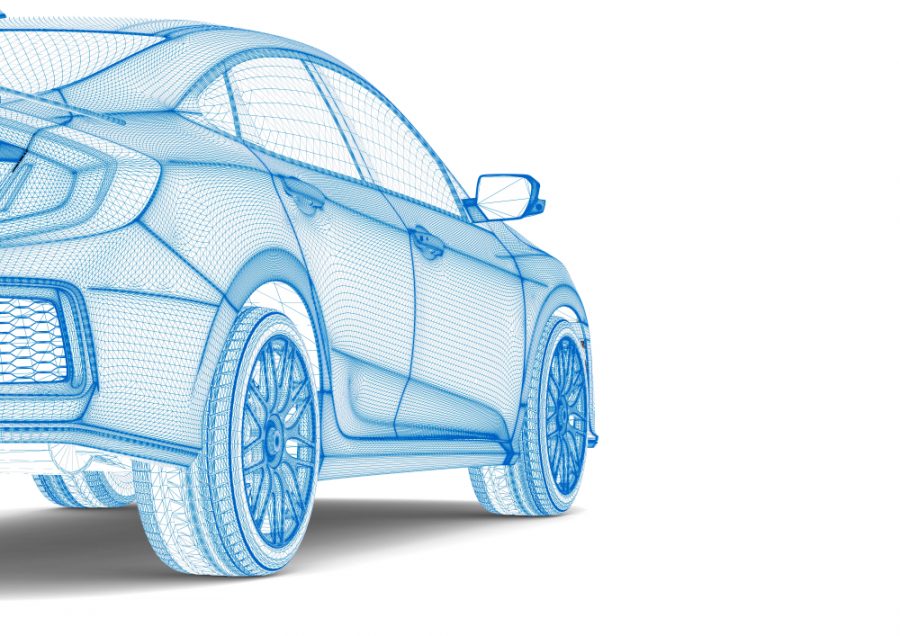The idea of driverless cars has been a human fantasy for decades. It was only up until recently that this concept has developed into a reality that will soon engulf the streets of the world. Big name brands in the transportation industry, namely Uber and Tesla, have been testing the waters of autonomous vehicles for years. Despite a handful of accidents, the general consensus is that driverless cars may vastly improve the safety of the road.
In addition to the drastic changes to transportation, the mass influx of driverless cars will cause a momentous ripple effect throughout the realm of consumerism. Let’s discuss four major ways life will be different as this revolution continues its mass takeover of the roads.
1. Less People Will Buy Car Insurance
Perhaps the most obvious change that will occur with driverless cars is the elimination of human error. This is one of the biggest selling points of the entire concept.
It’s no secret that car insurance rates have been steadily climbing in recent decades. This is due to drivers putting more miles on their cars while the number of distractions increases.
As autonomous vehicles hit the market and driver-caused accidents decline, the need for premium car insurance will inevitably decline as well. The major difference is that manufacturers will assume most, if not all the liability in the case of an accident. Many driverless car accidents will likely be attributed to defective parts. Therefore, it’s a safe bet to say that the demand for lemon attorneys will increase as the need for car insurance diminishes.
2. Businesses Will Continue to Come to the Customer
Businesses have been putting their operations on wheels for years. However, this idea will certainly expand well beyond food trucks and bookmobiles once driverless vehicles become the norm.
A major prediction is that autonomous vehicles will work to bridge the gap between brick and mortar store shopping and e-commerce. To elaborate, when it comes to buying products online, customers never really know when they are getting until they pay for it and it shows up at the door. However, shopping online avoids having to travel to a physical location and fight crowds for an item that may or may not be in stock. With driverless vehicles, local businesses can revamp their product handling and take their catalog right to the customers’ door without a huge overhead.
Going further, grocery stores could send mobile outlets right to people’s doors; fitness companies could build mobile gyms and park right in a member’s driveway for an hour or so, etc. In fact, Toyota has recently revealed plans for a Swiss army knife-esque autonomous vehicle that can deliver packages, serve as a mobile hotel room, mobile office, taxi, truck, and more.
Basically, with driverless cars, mobile business opportunities are practically endless.
3. Buyers and Renters Will Rethink Their Living Situations
In the current state of automobiles, one of the biggest common denominators is that almost everyone hates a long commute. With driverless cars, you wouldn’t have to spend the first part of your day fighting traffic, struggling to drink your coffee, stressing about what’s in store at work, etc. Instead, you could use this time to catch up on any last minute tasks, answer emails, eat a nice breakfast, watch TV, or even go back to sleep!
According to Zillow in 2016, being close to work is one of the most important factors in home selection.
4. Wireless Data Will Be an Absolute Necessity
Since smartphones exploded on the scene, wireless data has become a delicacy – to put it lightly. In 30 or so years, if everyone has an autonomous vehicle, the need for wireless data will grow exponentially. From a functionality standpoint, self-driving cars need to be constantly connected for the GPS and location data to work properly.
According to a McKinsey study, reported by USA Today, people will have about 50 extra minutes of free time each day if they do not have to drive. From the passengers’ point of view, driverless cars would give people much more free time during their commutes. Therefore, the need for hefty wireless data packages will skyrocket even further. If you are a regular on the train or the bus, you surely know how vital your data is.
Hopefully, this phenomenon will bring everyone back to the good old days when unlimited data wasn’t outrageously expensive.
Conclusion
Driverless cars are undoubtedly one of the most highly anticipated tech advancements since the turn of the millennium. As the widespread takeover slowly comes more into view, humans are starting to realize that their lives are going to change in a multitude of ways.
Have any more ideas for how autonomous cars will change the world? Let us know in the comments!
(Image_Source – 1, 2)
